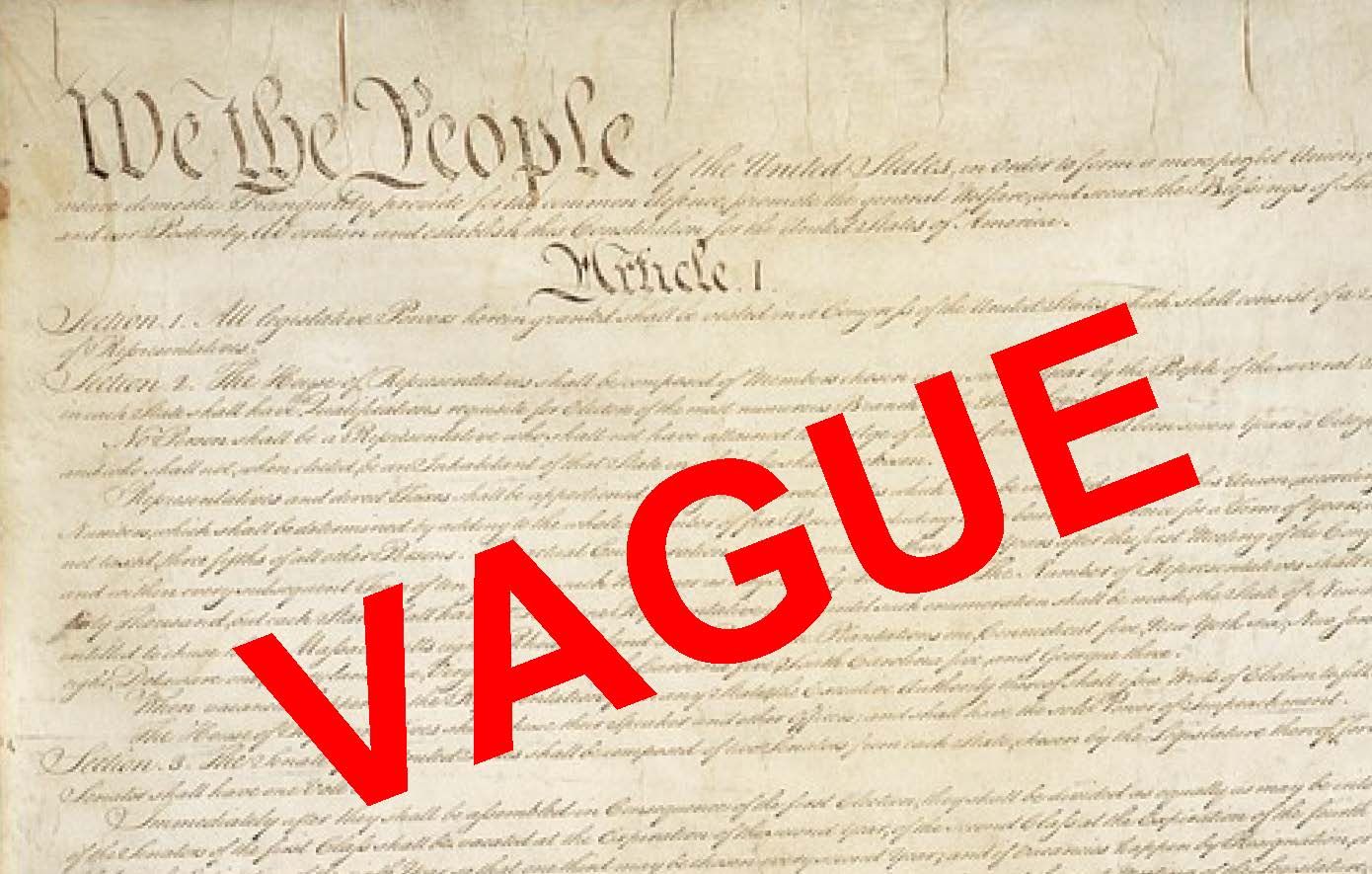Challenging Unconstitutional Laws and Being Awarded Legal Fees
Overview
Case Study
The issue arose when the Oswego County Legislature enacted a Flow Control Law in 2008, mandating that all solid waste generated within the county be directed solely to county facilities. Anticipating significant economic losses, the Transfer Station challenged this law, asserting that it would devalue their DEC permit.
A legal battle ensued, leading the Transfer Station to secure a temporary restraining order in 2009 against the enforcement of the Flow Control Law. However, subsequent revisions to the law in 2011 prompted another challenge from the Transfer Station. They argued that the revised law was vague and unconstitutional, particularly regarding the definition of recyclable materials and the discretionary powers granted to the Director of Solid Waste.
The legal team at The Zoghlin Group argued that the 2011 Law lacked clarity, thus violating due process by failing to offer clear guidelines on recyclable materials. Drawing upon legal precedents and statutes, we highlighted the risks of arbitrary enforcement, which could severely impact the Transfer Station's operations.
Ultimately, The Zoghlin Group achieved a favorable outcome for the Transfer Station. The court recognized the constitutional concerns raised and granted relief, thereby preventing the enforcement of the vague provisions of the 2011 Law. The court also ordered the County to pay the legal fees incurred for services rendered by The Zoghlin Group. This victory not only protected the Transfer Station's interests but also upheld the principles of due process and clarity in environmental regulations.
This case underscores the pivotal role of experienced environmental lawyers in navigating intricate regulatory frameworks. The Zoghlin Group resolved this dispute by advocating for clarity, fairness, and constitutional rights. Whether through clarifying regulations, negotiating settlements, or litigating contentious issues, The Zoghlin Group is committed to fostering sustainable development and supporting responsible business practices.


